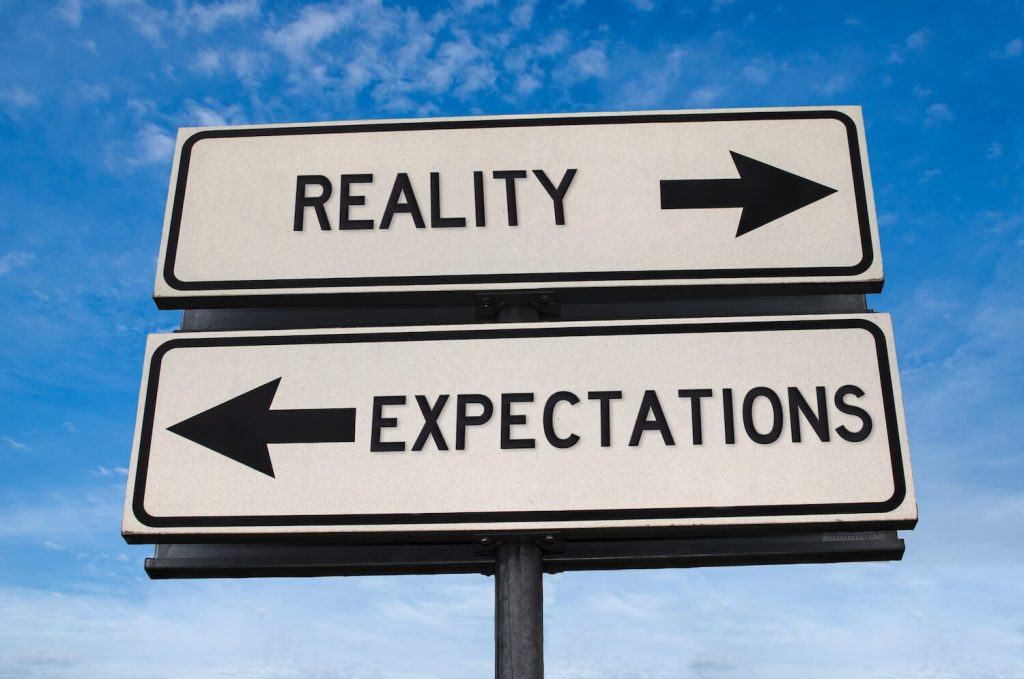In this post, Justin Capes discusses the article he recently published in Ergo. The full-length version of Justin’s article can be found here.

A person deserves blame for what she did only if she could have avoided doing it. This principle of alternative possibilities (PAP), as it has come to be known, sounds plausible. But why think it’s true?
David Widerker (2000, 2003) suggests an answer that I find attractive. Widerker’s argument, which is known as the W-defense, goes something like this:
Premise 1: A person deserves blame for what she did only if it would have been reasonable to expect her not to do it.
Premise 2: It would have been reasonable to expect a person not to do what she did only if she could have avoided doing it.
Conclusion: A person deserves blame for what she did only if she could have avoided doing it.
This argument is significant, as it promises to advance a debate many believe has reached an impasse. But does it deliver? Does it yield a convincing argument for PAP?
Some think not. In a past philosophical life, I complained that Premise 1 is unmotivated (Capes 2010). Others have complained that it requires us to reject intuitively plausible judgments about particular cases (Frankfurt 2003; McKenna 2005, 2008). And still others have complained that Premise 2 depends on the controversial ‘ought’ implies ‘can’ maxim (Fischer 2006).
None of these complaints, though, is legitimate. I respond to each of them in turn.
Start with complaint (lodged by my past philosophical self) that Premise 1 is unmotivated. This isn’t so. Premise 1 is supported by many of our ordinary and uncontroversial moral practices. Consider, for example, what we do when we want to persuade others that we don’t deserve blame for what we did. One of the most obvious strategies is to argue that expecting us to behave any differently would have been unreasonable – in behaving as we did, we didn’t fail to live up to any reasonable expectations. If we can establish this, either by showing that we didn’t fail to live up to others’ expectations or by showing that, if we have, the expectations in question were unreasonable, that will suffice, it seems, to demonstrate that we aren’t blameworthy for our behavior. Premise 1 thus looks pretty plausible.
Often, though, ideas that sound plausible have counterexamples. Consider the following case (modeled on a famous example from Frankfurt 1969):
Shooter: Jones shoots Smith without hesitation. But if Jones had hesitated, a nefarious neuroscientist would have taken control of Jones’s brain and forced him to shoot Smith, and there is nothing Jones could have done to stop this from happening.
Because Jones shot Smith on his own, without being caused to do so by the neuroscientist, many judge that Jones deserves some blame for shooting Smith, even though he couldn’t have avoided shooting Smith (since the neuroscientist would have forced him to shoot Smith if he hadn’t done so on his own). Thus, many philosophers think cases like Shooter are counterexamples to PAP.
Many of those same philosophers also think cases like Shooter are counterexamples to Premise 1 of the W-defense. They grant, for the sake of argument, that it wouldn’t have been reasonable to expect Jones to avoid shooting Smith, given that he couldn’t have avoided doing so. However, they claim that Jones deserves some blame for shooting Smith, nonetheless.
So, here’s the situation. Premise 1 is plausible, but it also seems to conflict with our intuitive sense that Jones deserves some blame for what he did. What’s a W-defender to do?
As I see it, we should have our cake and eat it too. Here’s the recipe. Note that, in the example, Jones shoots Smith on his own (i.e., without being forced to do so), and, although Jones couldn’t have avoided shooting Smith, he could have avoided shooting Smith on his own. For example, he could have thought twice about shooting Smith, hesitating enough to prompt the neuroscientist to intervene and force him to shoot Smith. Moreover, we could reasonably have expected Jones to do just that. We can therefore justly blame Jones for shooting Smith on his own (or for shooting Smith without hesitation), since we could reasonably have expected Jones to avoid doing that. What we can’t justly blame Jones for, though, is shooting Smith, as we couldn’t have reasonably expected him to avoid doing that.
So, Jones does deserve some blame for something in this case, but what he deserves blame for is something he could have avoided and that we could reasonably have expected him to avoid. In this way, we can retain PAP and Premise 1 of the W-defense without having to deny that there is indeed something in Shooter for which Jones deserves some blame.
What about Premise 2? Well, it arguably entails the controversial deontic maxim that ‘ought’ implies ‘can’ (the Maxim, for short), and some see this as reason to reject it (Fischer 2006: 210). However, I argue that the case for Premise 2 is stronger than the case against the Maxim. So, if Premise 2 entails the Maxim, we should accept both claims.
To illustrate this, imagine the following:
Sandy walks by a lake with twenty children in it, all of whom are clearly drowning. She can’t rescue all twenty children; there’s not enough time and no one else around to help.
What would it be reasonable to expect Sandy to do in this situation? The obvious answer is: to save as many of the drowning children as she can. But why isn’t it reasonable to expect her to save all twenty? Here, too, the answer is obvious; it’s because she can’t save all twenty.
I think we will be hard pressed to account for these judgments without appealing to the general idea (of which Premise 2 is an instance) that expecting something of someone is reasonable only if the person can comply with the expectation. Since the judgements in question are correct, I think we should accept the general idea (and thus Premise 2).
Want more?
Read the full article at https://journals.publishing.umich.edu/ergo/article/id/5717/.
References
- Capes, Justin. (2010). “The W-Defense.” Philosophical Studies 150: 61-77.
- Fischer, John Martin. (2006). My Way. New York: Oxford University Press.
- Frankfurt, Harry. (1969). “Alternate Possibilities and Moral Responsibility,” Journal of Philosophy 66: 829-39.
- Frankfurt, Harry. (2003). “Some Thoughts Concerning PAP.” In Moral Responsibility and Alternative Possibilities: Essays on the Importance of Alternative Possibilities, eds. David Widerker and Michael McKenna, 339-348. Aldershot, UK: Ashgate Press.
- McKenna, Michael. (2005). “Where Frankfurt and Strawson Meet.” Midwest Studies in Philosophy 29: 163-180.
- McKenna, Michael. (2008). “Frankfurt’s Argument Against the Principle of Alternative Possibilities: Looking Beyond the Examples.” Nous 42: 770-793.
- Widerker, David. (2000). “Frankfurt’s Attack on Alternative Possibilities: A Further Look,” Philosophical Perspectives 14: 181-201.
- Widerker, David. (2003). “Blameworthiness, and Frankfurt’s Argument Against the Principle of Alternative Possibilities,” in Moral Responsibility and Alternative Possibilities: Essays on the Importance of Alternative Possibilities, eds. David Widerker and Michael McKenna, 53-74. Aldershot, UK: Ashgate Press.
About the author

Justin Capes is Associate Professor of Philosophy at Flagler College. He writes on issues in ethics and the philosophy of action, especially those that concern proper responses to wrongdoing.